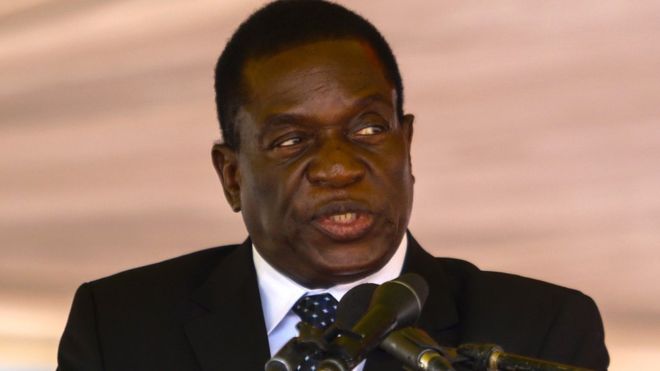The suspension of Zimbabwe’s voting rights by the United Nations (UN) over unpaid dues should be regarded as another low point in the country’s political life, analysts have said.
Zimbabwe owes US$81 770 to the UN, a sum that it had not paid for two full years since 2019 and 2020, losing voting rights alongside countries such as war torn countries – Somalia, South Sudan and Libya.
On January 13, 2021, a letter from the UN Secretary General Antonio Guterres to UN President Volkan Bozkir,said it was moving to suspend Zimbabwe including nine other countries for arrears on their contributions to the organisation.
According to the UN SG, a member which is in arrears shall have no vote in the General Assembly if the amount of its arrears equals or exceeds the amount of the contributions due from it.
The General Assembly may nevertheless permit such a member to vote if it is satisfied that the failure to pay is due to conditions beyond the control of the member .
But analysts said this is what happened when the government was more focused on propaganda and looting state resources.
In an interview with CITE, political analyst, Effie Ncube said the suspension of Zimbabwe’s voting rights showed the Zanu-PF government did not value its membership in the UN yet its various agencies were providing food aid and relief to poverty stricken Zimbabweans.
“The US$81 000 is an amount of money that can only buy a single Toyota Landcruiser and this government has spent millions buying expensive cars for ministers, parliamentarians, judges and at least four cars for every Zanu-PF district. This is one more evidence of people who cannot prioritise in the best interest of the country,” he said.
“On the other hand UN agencies such as the World Food Programme (WFP), Food and Agriculture Organisation (FAO) and United Nations Children’s Fund (UNICEF) are providing emergency food aid to over half of the country’s population. If it wasn’t for the UN, millions of Zimbabweans would have perished.”
Ncube said the “scandalous” failure to pay UN subscription raises questions on the so-called surplus that the Finance Minister always talked about.
“Where is the surplus when the country is defaulting on its UN membership? The answer is that the surplus is either not there or being used to line up the pockets of a few Zanu-PF chefs. This is one more reason why Zanu-PF is not fit to be in power. It is an international embarrassment and a huge domestic scandal,” said the analyst.
ZAPU National Spokesperson, Iphithule Maphosa, concurred Zimbabwe’s suspension was testimony that the problems in Zimbabwe are “purely man made and avoidable.”
“As noted by the world body, these are not natural problems but emanate from gross corruption, economic crimes as well as economic bankruptcy by the successive Zanu-PF led governments. Had it not been of the above, our country would not be in such punitive arrears to the UN hence would not lose its voting rights,” he said.
Critical studies scholar, Khanyile Mlotshwa, weighed in that the reason behind Zimbabwe’s suspension revealed the country’s leadership was struggling and it reflected badly on the ‘Second Republic.’
“Rules are rules and they are made for a reason. It is interesting that the specific clause used to suspend Zimbabwe further says the UN may still allow the country to vote if there are justifications for the failure to pay. It means, in the case of Zimbabwe there is no plausible justification for its failure to pay up. This just reflects the mentality of our leadership, for them, the UN does not matter at all for whatever reasons. This must be regarded as another low point in the country’s political life,” said the critic.

